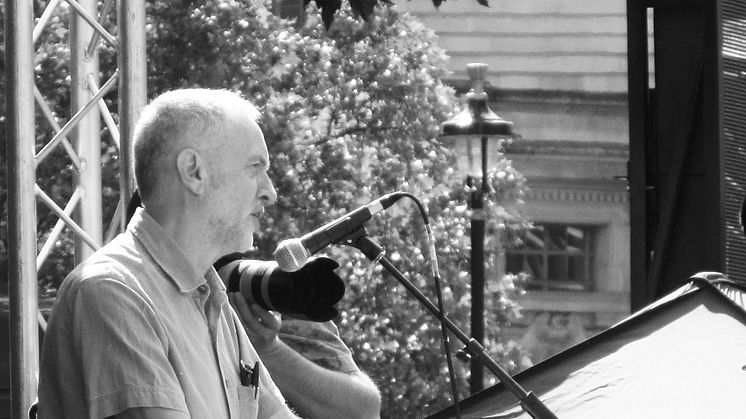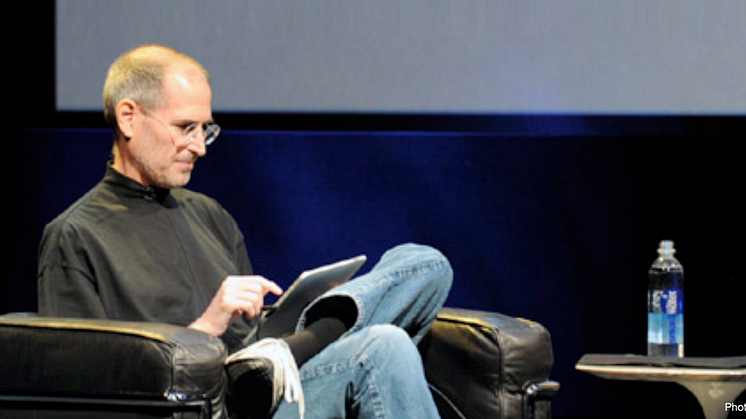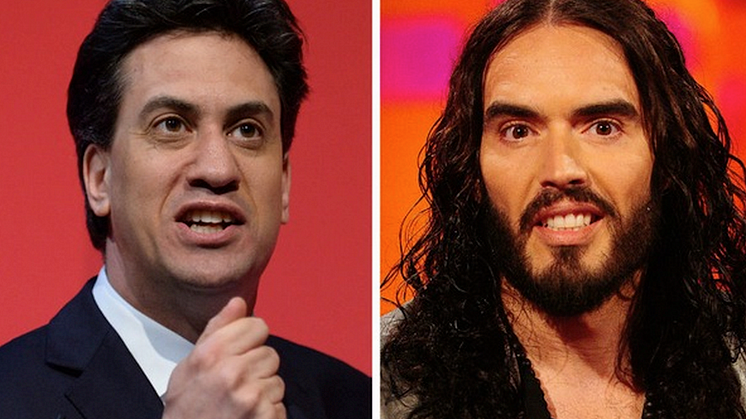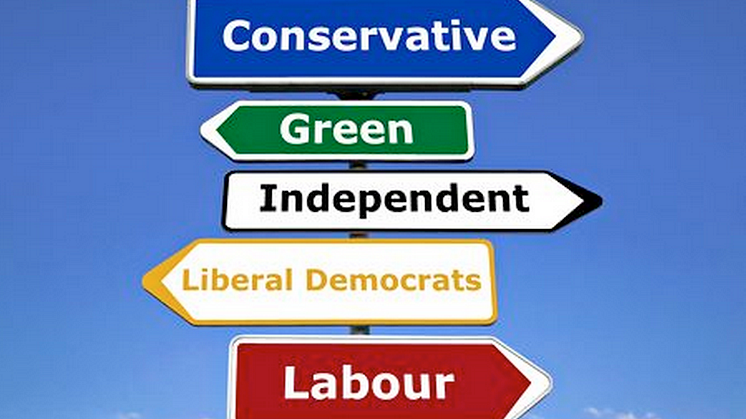
Blog post -
Jeremy Corbyn: Why Authentic Is Better Than “Better”
You only need to flick on the BBC* or glance over the front pages to see that there’s a lot of PR in politics, and vice versa. Jeremy Corbyn’s rise to Labour leadership is a prime example of this.
It was a long contest. It was unpredictable and it was gritty. But despite all odds, it was Jeremy Corbyn who claimed the title on 12th September 2015, and there was one key trait which seemed to get him there: authenticity.
The Corbyn Campaign
No matter what your stance on Jeremy Corbyn, his route to Labour leadership was a smart and seemingly uncalculated one, and that shouldn’t be denied. Throughout, Corbyn has been winning the hearts and minds of Labour voters by offering a vast alternative to the existing parties. His words have not been scripted or prepared for the press; instead, he speaks from the heart, thus demonstrating a real belief in what he is saying. “He is genuine, human and devoid of the press-ready scripts”, The Drum commented. But can the same be said for other party members and leaders? Would they have the courage to speak freely about their true feelings? It is his difference, his authenticity that has seemingly set him apart from his Labour counterparts.
With Authenticity There Is Risk
Dominic Church, managing director of public affairs agency Westminster Advisers, said it was clear Labour needed to rethink its PR. "They need to get more organised in terms of their comms," he said. "Corbyn's strategy to circumvent the media and talk to voters at large directly is set to backfire, as it is only likely to be presented by the media as part of this narrative of Corbyn’s lack of ability to be a genuine leader of the Labour Party"
But we've spoken before about consumers being the greatest brand advocates, and in the case of Corbyn, his voters are the equivalent. Engaging with them has not only given him a greater understanding of their needs but it has also helped shape the way in which he addresses them.
While Jeremy's uncontrolled, anti-media comments may be a risk for an already bruised Labour party, his authentic, “real politics” approach seemed to have got him to this point, so perhaps brands should take heed...
How Can Your Brand Be Authentic?
From the Saatchi & Saatchis to the Ogilvies of the PR and marketing world, most communications are strategically planned and crafted. Focus group discussions and surveys form the basis of campaigns, platforms from which to promote are selected based on where are audiences are most likely to engage and even the Tweets and consumer responses are planned weeks if not months in advance. There is seemingly little room for spontaneity and this can, at times, appear stuffy and sterile. Now, we’re not necessarily saying there’s anything wrong with this approach (we’re all for a step-by-step brief and a boardroom discussion), but if we just take a look at Corbyn – at no point has he seemed rehearsed. He speaks from the heart, reacting to events and sharing his opinions proactively. Isn't that what brands should do more - be in the moment, be real?
If brands were to adopt some of his methods, if we were to be a little more authentic, would this allow for more room and scope to showcase our true values, beliefs and offerings? Would this increase our brand transparency and, in turn, lead to greater trust and brand advocacy?
We don’t have to think too hard to identify organisations who’ve faced PR problems; retailers financially cheating their suppliers, banks mis-selling services, or internet businesses losing customer data – the list goes on. It’s not just politicians who need to consider how they come across, it applies to everyone.
*other news channels available
Related sources
PR Week: Does Corbyn need to buck up his media and comms strategy?
The Guardian: Corbyn Puts Voters' Questions To Cameron In First PMQs




